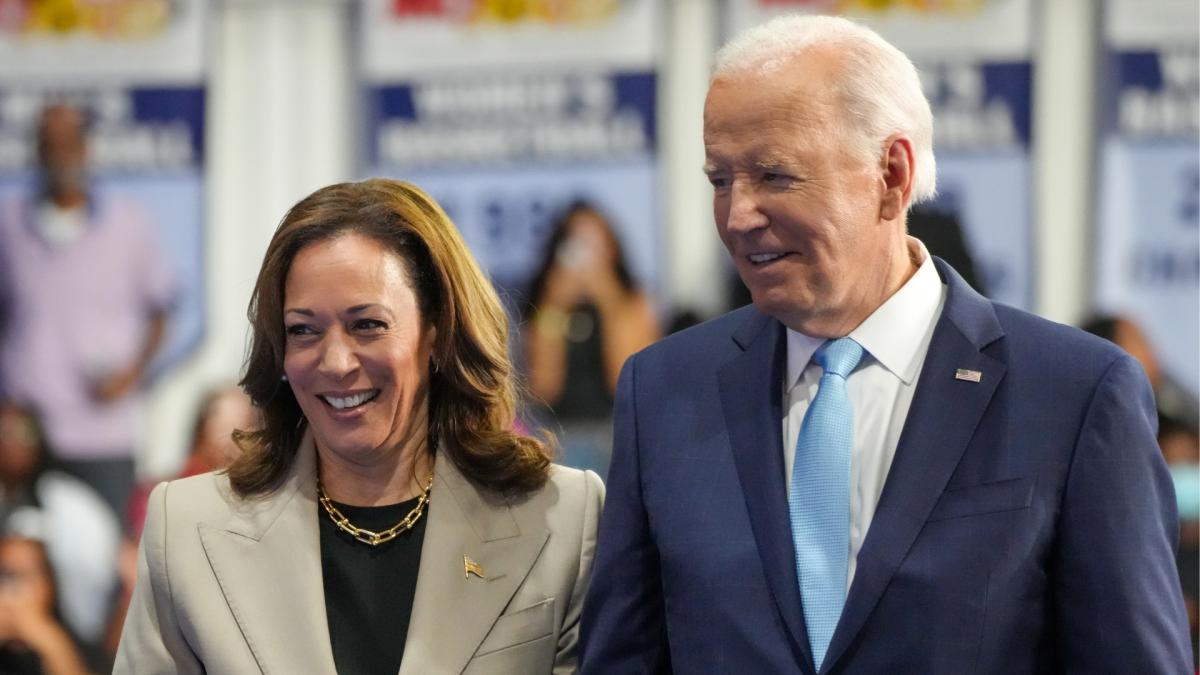
[ad_1]
On Wednesday, in what seemed to be a modest victory for the Biden administration, a federal judge allowed a temporary restraining order against the new student loan forgiveness plan to expire. That ruling would allow the administration to proceed with finalizing the rule, potentially bringing relief to tens of millions of Americans burdened by student debt—just weeks before the November election.
This promising news was short-lived: On Thursday, a U.S. district judge in St Louis temporarily blocked the student loan forgiveness plan, yet again. Here’s what to know about this hurdle, and the uncertain path ahead for student loan forgiveness.
What this news means for you
The current legal whiplash stems from a lawsuit filed in September by seven Republican-led states to stop the Biden administration’s new student loan forgiveness rule. Backing up even further, that rule was an attempt to work around the Supreme Court’s previous ruling against Biden’s original sweeping student loan forgiveness plan.
On Wednesday, a federal judge in Georgia ruled that a temporary restraining order—one that halted the program—to expire. The expiration of the restraining order marks a promising step forward for the program, which aims to provide narrower, more targeted debt relief than its predecessor.
On Thursday, the Missouri court intervened to halt the program before it takes effect. The St Louis-based judge issued a preliminary injunction blocking the “mass canceling” of student loans and forgiving principal or interest under the plan, pending the outcome of that Republican-led lawsuit.
Without these obstacles, Wednesday’s ruling would allow Biden-Harris administration to move forward with debt relief as the November election approaches. The proposed plan offers partial or full debt relief to borrowers in these circumstances:
-
Borrowers who owe more than they did at the start of repayment
-
Those who entered repayment on their undergraduate loans on or before July 1, 2005
-
Those who entered repayment on their graduate loans on or before July 1, 2000
-
People who are already eligible for student loan forgiveness under one of the government’s existing programs but just haven’t yet applied
-
Students from “low-financial value” programs
The bottom line: The path ahead remains uncertain. Wednesday’s news represented a step towards limited loan forgiveness, but as always, the administration faces a complex legal landscape. The coming weeks will likely determine whether this new, more targeted approach can withstand the scrutiny of the courts and deliver the promised relief to student loan borrowers.
This article was originally published on Oct. 3, 2024 and updated on Oct. 4 to reflect the latest ruling.
[ad_2]
Source link








